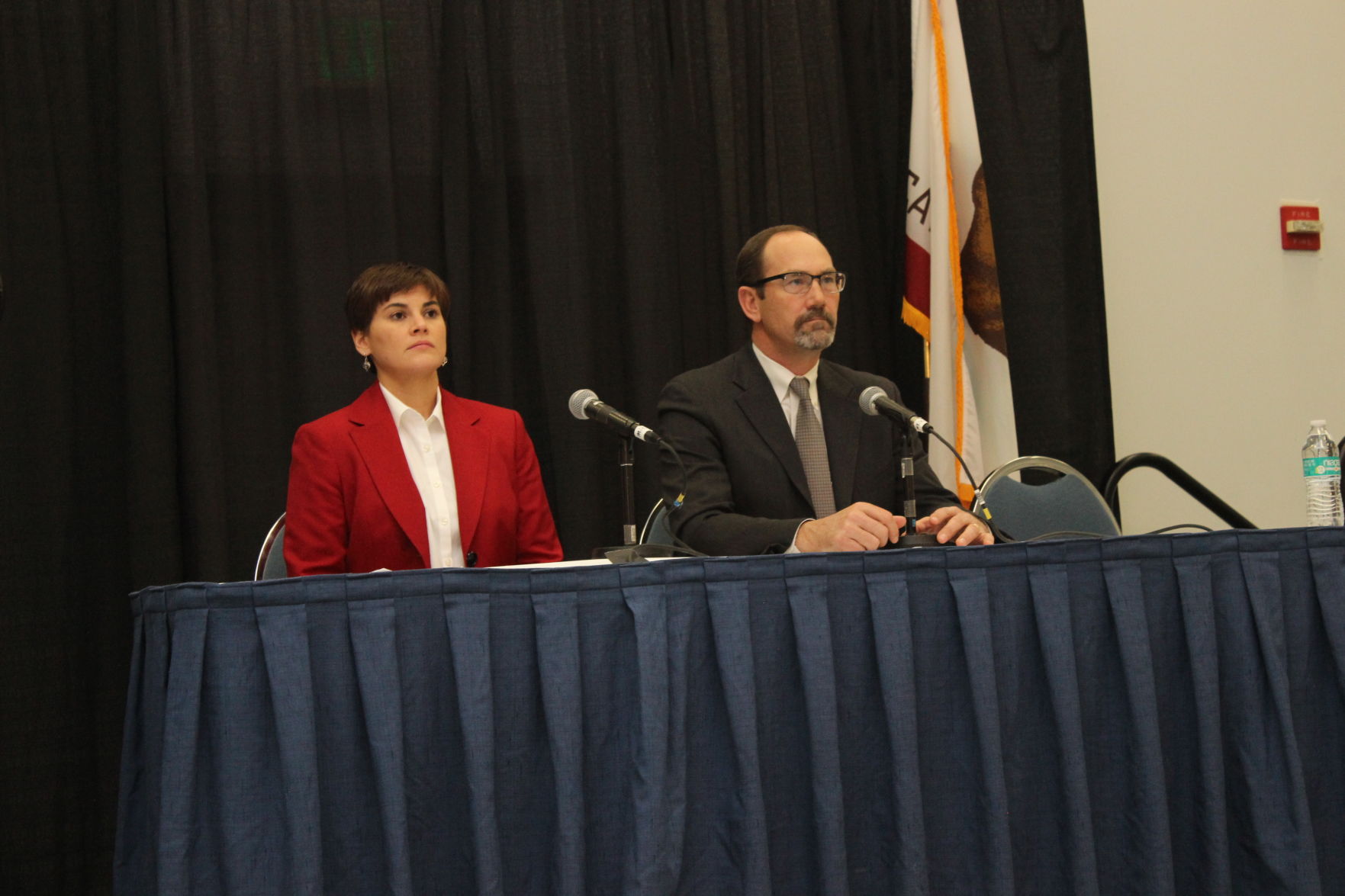In 2008, when the discussions first began among the National Sorghum Producers board members about proposing a national sorghum checkoff, the question was raised, “what if this doesn’t work?”
Dan Krienke, current board member for United Sorghum Checkoff Program from Perryton, Texas, was on the NSP board in 2008 and spoke about the highs and lows of taking that leap for improving sorghum’s future for farmers through investment in a national checkoff.
“The commodity needed public and private industry funding, but no one was stepping forward to help with research and investing in our commodity,” Krienke said. “And I said, we were going to have to step up to the plate and do it ourselves as farmers together what we couldn’t accomplish as individual states with state checkoffs.” That led to what would become the United Sorghum Checkoff Program.
Since it’s inception, the Sorghum Checkoff has had a positive impact on sorghum yields, acreage and farm value. A recent independent study showed that for every dollar invested in crop improvement, the net return to producers was $8.57.
The farm value of U.S. sorghum production increased by an average of $12.6 million per year from 2008 to 2017, for a total of $100.6 million in additional farm revenue.
And when you consider the rapidly expanding high-value markets and renewables segment, the checkoff’s investment has enhanced the farm value of sorghum sales by nearly $107.4 million, or a net return to the producer just in this area of nearly $11.60 for every dollar invested.
From the beginning to 10 years later, Krienke said it’s inspiring to see just how much the sorghum checkoff has done for farmers like himself.
“I’m very excited about this crop going forward and it’s important to my farm and it’s the right choice for me to grow in the Texas Panhandle,” he said.
It’s a sentiment echoed by current USCP Chairwoman Verity Ulibarri, a sorghum grower from McAlister New Mexico.
“Overall I see that we’ve made lots of strides in 10 years and it’s very exciting,” she said. “In the grand scheme you might think that 10 years is a long time, but it’s actually quite quick. And to see the improvements made within plant breeding and the recent strides made in developing high value markets has brought us significan value.”
Jennifer M. Latzke can be reached at 620-227-1807 or [email protected].


